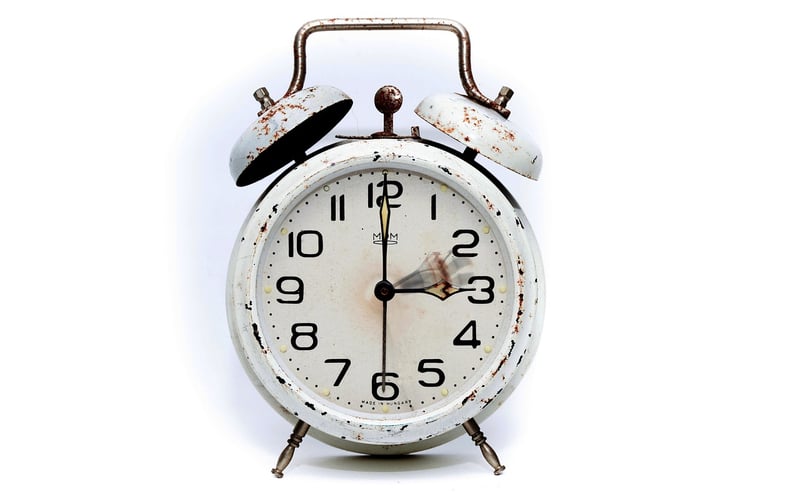Moral Dilemmas
Ethical Considerations in Time Travel and Moral Dilemmas
Time travel has long been a fascination for humanity, inspiring countless works of fiction and sparking intriguing ethical debates. The concept of traveling through time raises various moral dilemmas and ethical considerations that challenge our understanding of right and wrong. Let's delve into some of these thought-provoking issues.
Paradoxes and Altering the Past
One of the most significant ethical dilemmas in time travel is the potential to alter the past and create paradoxes. The classic example is the "grandfather paradox," where a time traveler goes back in time and prevents their grandfather from meeting their grandmother, thus preventing their own existence. This raises questions about the consequences of changing the past and the implications for the present and future.
Responsibility and Butterfly Effects
Time travelers must consider the ethical responsibility that comes with altering the past. Even seemingly small changes can have significant repercussions, leading to the famous "butterfly effect" where a minor alteration results in major consequences. Time travelers must grapple with the moral implications of their actions and the potential harm they may cause unintentionally.
Temporal Tourism and Cultural Impact
The idea of using time travel for tourism raises ethical questions about cultural impact and respect for the past. Visiting historical events or interacting with past civilizations could disrupt the natural course of history and raise concerns about exploitation. Time travelers must navigate the ethical complexities of exploring the past without causing harm or altering the timeline irreversibly.
Temporal Integrity and Preservation
Preserving the integrity of the timeline and respecting the natural flow of history is another ethical consideration in time travel. The temptation to intervene in historical events for personal gain or to avert disasters raises questions about the importance of allowing history to unfold naturally. Time travelers face moral dilemmas about when, if ever, intervention is justified.
Ethical Guidelines and Time Travel Regulations
Given the ethical complexities of time travel, the concept raises the need for ethical guidelines and regulations to govern its usage. Establishing ethical frameworks for time travel could help mitigate potential harm, protect historical integrity, and ensure responsible use of this technology. Implementing rules and oversight mechanisms becomes essential to address moral dilemmas effectively.
Exploring the ethical considerations in time travel and the moral dilemmas it presents challenges us to think critically about the consequences of our actions across time. As we continue to ponder the possibilities of time travel, grappling with these ethical issues will be crucial in shaping how we approach this extraordinary concept.

For more insights on time travel and related ethical dilemmas, you may enjoy this comprehensive Stanford Encyclopedia of Philosophy entry.
